Introduction
I still remember how my own positive pregnancy test instantly made me rethink every bite — from eating sushi during pregnancy to whether a “healthy California rolls” order was truly safe. Most prospective parents don’t realize that even food items you may think are healthy — like a spicy tuna roll or packaged foods or beverages — can quietly pose a safety risk to you and your baby. During pregnancy planning conception, I learned that balanced nutrition and careful pregnancy program dietary intake matter just as much as avoiding obvious things like raw fish, processed red meats, trans fats, or saying no when someone offers a favorite glass of wine or turkey sandwiches at brunch. From avoiding prolonged dips in the hot tub to even delegating scooping kitty litter, there are surprisingly important factors to consider, especially when eating out. Asking about ingredients becomes non-negotiable.
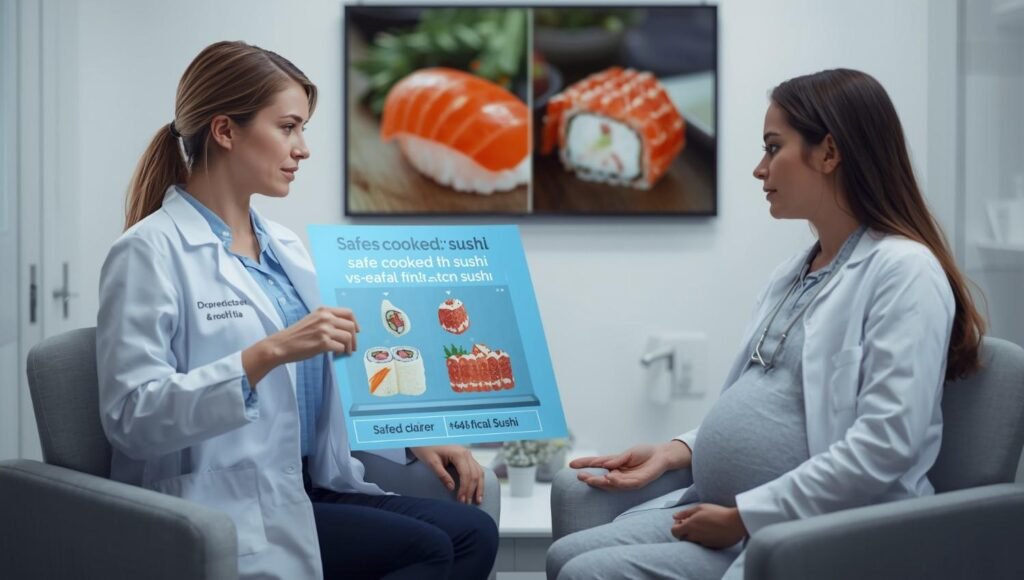
Eating Sushi While Pregnant — What Actually Matters
The biggest mindset shift for me was realizing that consuming sushi doesn’t automatically equal risk — the danger is mainly in avoiding raw foods that may carry bacteria or increasing the risk of fertility issues long before birth is even confirmed. Even during nutrition in pregnancy and breastfeeding, the guidance I followed came from a pregnancy guide, scientific evidence, not rumors. When I asked pregnancy health questions, experts were clear: avoid consuming alcohol, be selective before eating sushi during pregnancy, and never assume the chef knows you’re pregnant — always eating out ask about ingredients directly. It’s not about fear — it’s about control.
Foods to Avoid During Pregnancy Planning
When I first began pregnancy planning, I didn’t realize how deeply men who consume processed red meat have lower sperm quality or how excessive alcohol consumption reduces the ability of eggs to be fertilized, instantly affecting conception chances. Many don’t know that bisphenol-A disrupts women’s fertility, especially when you avoid consuming foods made from processed red meats such as sausages, burgers, and bacon, yet unconsciously consume packaged foods and beverages that contain chemicals that affect fertility. Even daily habits matter — trans fats increase levels of bad cholesterol, LDL, and heart disease risk, and alcohol consumption reduces chances of pregnancy in women, while fast food contains trans fats that affect fertility, making even “normal” eating risky.
From my consultations, I learned directly from a specialist obstetrician and gynecologist, Dr Febriyan Nicolas Bocah, Indonesia , that exposure to bisphenol-A causes poor sperm quality, which is why it’s important to limit consumption and replace it with healthier foods. Not only do plastic containers may contain bisphenol-A BPA, but processed red meats can increase fertility problems, and shockingly, more than six drinks per week reduces fertility for both partners. These aren’t just medical notes — they change real outcomes.
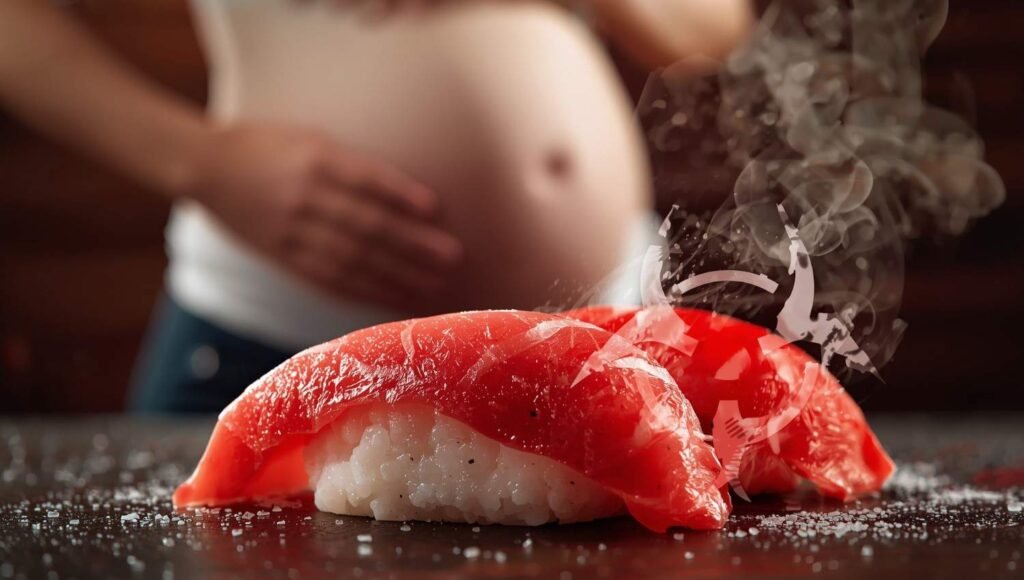
Sushi during pregnancy: Can I eat it or not?
From my own experience, asking an expert early in pregnancy — it surprised me to learn how specific the rules actually are. Pre-freezing raw fish at -20°C for a minimum of 24 hours is a legal requirement under EC Regulation 853 of 2004 guidelines for raw fish safety, and only then is it considered safer to handle. That’s because the Anisakis parasite eradicated through the freezing process, is a serious concern, which is why establishments must follow safety obligations for raw fish. Even with regulation, raw sushi during pregnancy should be avoided, especially since digestive system parasites in many fish species are still present if not handled correctly.
However, there is a safer route — cooked sushi above 70°C poses no problem, and some restaurants label it clearly. In some regions, freezing at -35°C for 15 hours is considered a slaughter practice and may legally qualify as parasite-safe, but even then, safe consumption depends on temperature and preparation regulations, not assumptions. That’s the reality most people miss — sushi is not banned, only certain methods of preparation are.
What kind of sushi is off-limits?
Not all sushi is dangerous — but raw or undercooked seafood off-limits during pregnancy is a strict rule for a reason. The biggest problem is mercury exposure risk to the developing baby, as even small amounts can cause neurological issues in fetal development due to methylmercury’s toxic effects on the nervous system. During pregnancy, your immune system changes increase susceptibility to infection, meaning you’re more vulnerable to bacteria and harmful parasites from raw fish, which can lead to serious outcomes like miscarriage, stillbirth, uterine infection preterm delivery risks.
Experts like clinical dietician Kristian Morey, RD LDN, Mercy Medical Center emphasize that these warnings aren’t about fear — they’re based on science-backed FoodSafety.gov pregnancy sushi guidelines. Unlike normal circumstances, pregnancy is not a time to take “trust the chef” risks — one raw bite is not worth lifelong impact.
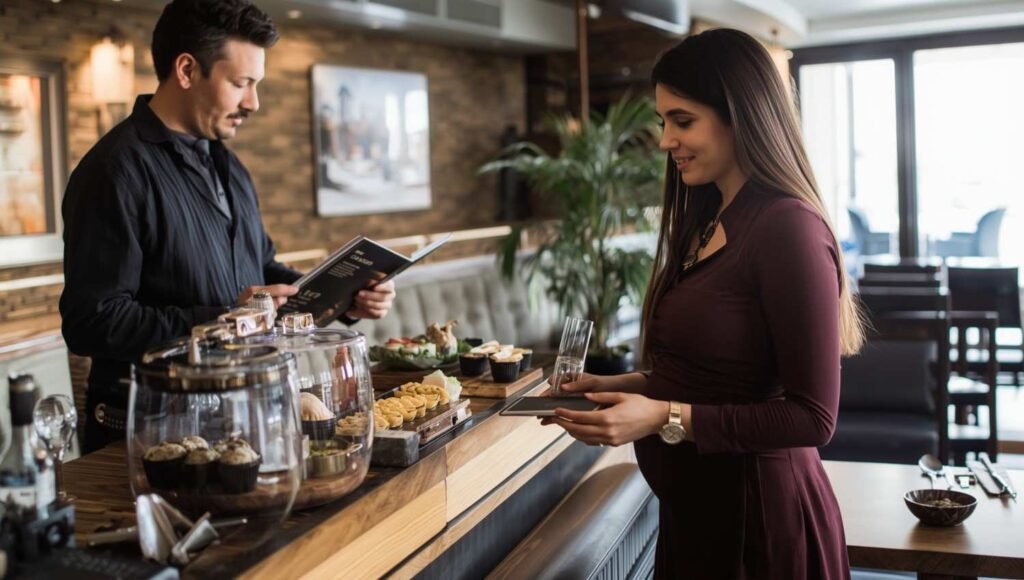
The risks of eating sushi during pregnancy
Most people assume “fresh” sushi is safer — but the real danger lies in the risk of infection by pathogens if the fish is not culled properly, which is more common than most realize. Serious threats like Salmonella Anisakis, Hepatitis A virus, Listeria Monocytogenes, Campylobacter Escherichia coli can be present in raw or poorly handled fish, and compromised immune systems at higher risk during pregnancy make the situation more dangerous. Even more concerning, microorganisms can survive low refrigeration temperatures, meaning cold storage does not guarantee safety.
The Listeria bacterium responsible for listeriosis rare but serious infection, is the most feared, because it is particularly insidious survival properties of Listeria that make it harder to kill. It is only eliminated by cooking above 65°C, which is why even slaughtered fish does not guarantee total safety in pregnancy. In extreme cases, listeriosis risk of fetal endothermic death MEF becomes a reality, which is why raw sushi simply isn’t worth the gamble.
When should you stop eating off-limits sushi?
The no-undercooked-or-raw-fish-sushi rule applies to all three trimesters, not just the first. In fact, doctors advise to stop eating raw fish right away, even during the pregnancy planning phase, because the brain and spinal cord begin to form during weeks 1 to 8, long before most women even realize they’re pregnant. The fetus is most vulnerable to toxic exposure during the first 12 weeks, which is why early caution makes a massive difference.
During pregnancy, your immune system is lowered since sharing it with the growing fetus, which raises heightened susceptibility to bacteria or parasites from improperly handled fish. That means even one wrong sushi order can pose damage and harm from exposure to toxic substances. If you do slip up, indulgence in raw or undercooked sushi requires notifying the doctor immediately — especially since major organs develop and function by the end of the first trimester, making these weeks the most sensitive.
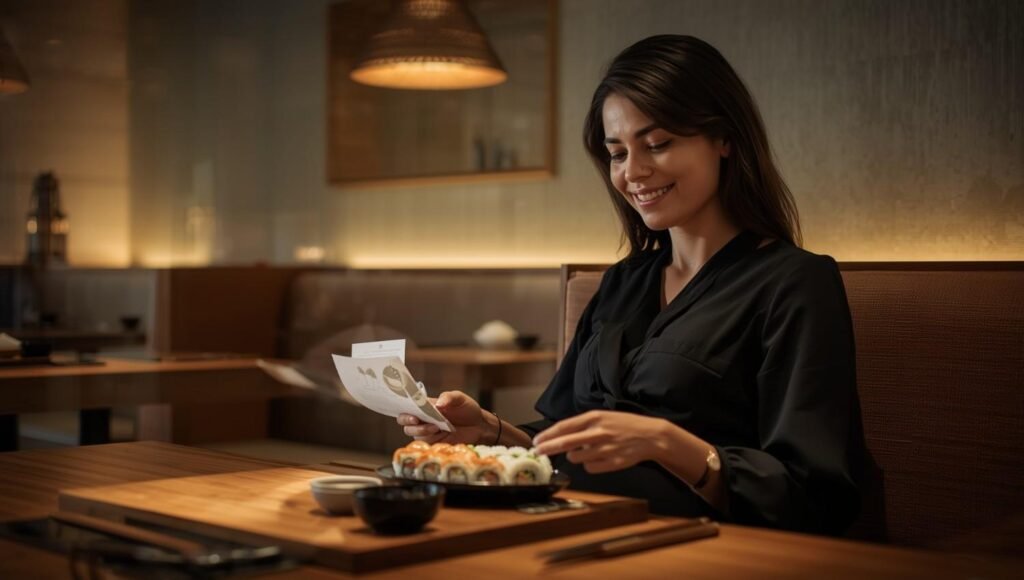
Why should you avoid raw fish sushi?
Even when sourced from the best restaurants, undercooked or raw fish increases exposure to bacteria and parasites, which is why the American College of Obstetricians and Gynecologists ACOG recommends avoiding raw fish entirely during pregnancy. The biggest threat is that Listeria causes listeriosis serious food poisoning risk during pregnancy, and pregnant women are at a higher risk of listeriosis, which means even a small amount can trigger preterm labor, stillbirth, miscarriage, vomiting, diarrhea, and risks — outcomes that are not worth gambling with.
Beyond infection risks, raw fish increases the mercury exposure threat to a baby’s brain, hearing vision, affecting long-term development. The truth is, reputable restaurants cannot guarantee raw fish safety, because even perfect handling cannot override nature. With lowered immunity increases susceptibility to pathogens, experts agree that bacteria, parasites, and high mercury levels are the two primary dangers — and those dangers simply do not belong anywhere near a pregnancy.
Rolls you can eat while pregnant
The good news is — cooked sushi rolls safe for pregnant women are widely available, and many menus now label options clearly. Popular choices like vegetable sushi rolls, pregnancy-safe and vegan sushi options like cucumber maki, cucumber avocado shiitake mushroom Futomaki are completely risk-free. Experts also note that ACOG recommends two servings of low-mercury fish per week, so options rich in omega-3 fatty acids from salmon, catfish, fatty fish shellfish are not just safe — they’re beneficial, as long as you protect from mercury and listeria by ensuring fish is cooked thoroughly.
The FDA adds another important layer — FDA advises avoiding high-mercury fish like swordfish, tilefish, king mackerel, marlin, orange roughy shark bigeye tuna, which means the typical California roll with imitation crab, lower-mercury fish considered safe, remains a top pick. Still, always ask about ingredients to avoid hidden high-mercury seafood, even in seemingly simple rolls. Safe prepared options include spicy crab roll, ebi roll, unagi roll, chicken katsu roll, spicy shrimp roll, and cooked options, which let you enjoy the sushi experience — safely and confidently.
Does consuming sushi during pregnancy cause toxoplasmosis?
A common misconception many pregnant women have is assuming sushi is linked to toxoplasmosis — but eating sushi during pregnancy does not pose toxoplasmosis risk, because the Toxoplasma gondii parasite is not present in fish. The real danger comes from raw or undercooked meat is the primary risk source, which is why doctors worry more about steak tartare than salmon maki.
However, raw fruit and vegetables can carry parasites if not washed properly, which is something many people overlook. Proper zoonosis prevention requires running water, washing, and rubbing the surface, because soaking alone is not enough for parasite removal. In short, infection risk comes from non-fish animal foods, not sushi — sushi safety is about mercury and bacteria, not toxoplasmosis.
Can you eat sushi with seaweed during pregnancy?
While most sushi concerns revolve around fish, many forget that sushi refers to various Japanese dishes, not all fish-based, and sushi’s meaning beyond common parlance includes non-fish dishes, including ones made with seaweed. However, wakame seaweed consumption during pregnancy is not recommended, not because it is proven harmful, but because there is insufficient data on the effects of fucoxanthin carotenoid on pregnant women and fetal development, which keeps it in the caution zone.
This caution extends beyond pregnancy — a cautious approach is required during breastfeeding as well, especially since hormonal and nutritional sensitivity continues postpartum. Seaweed in general (like nori) is typically fine, but wakame specifically falls under “wait and avoid” territory until more research is available.
What to do if you eat sushi during pregnancy?
The first and most important advice: no panic if raw fish sushi is consumed during pregnancy. What matters is acting wisely next. Immediately inform yourself how the fish were stored and slaughtered, especially whether proper freezing or safety procedures were followed. After that, monitor your body for abnormal symptoms and contact a doctor promptly if anything feels off.
In rare cases where risk is suspected, possible diagnostic tests if listeriosis is suspected may be recommended. Flu-like symptoms may indicate infection, and in such cases, a blood or amniotic fluid sample analyzed in culture media to detect Listeria infection can confirm safety. Early awareness and professional guidance are far more important than fear.
Sushi night: what can a pregnant woman eat?
If you’re pregnant, the good news is — pregnant women can enjoy sushi night with safe alternatives and still be part of the experience without concern. You can confidently choose cooked sushi options like hosomaki with well-cooked fish over 65°C, or go for rice dishes without pregnancy-restricted ingredients. Lighter traditional choices like udon noodles made with soft wheat safe in pregnancy and hot soups as safe dining choice are widely recommended and comforting.
However, one thing is absolutely non-negotiable — an absolute ban on alcoholic beverages, even with low alcohol content, because there is no safe quantity of alcohol during pregnancy according to scientific societies. With the right awareness, sushi night can still be enjoyable — just smartly modified.
The takeaway
At the end of the day, pregnancy requires extra attention to food ingredients for safety, because even innocent-looking meals can have hidden risks. Simply making the effort of knowing what you eat protects you and your growing baby, and gives you confidence instead of confusion.
Whenever uncertainty comes up, always consult a doctor or registered dietician if unsure about safe foods, and let them help you create a safe and satisfying pregnancy diet with professional guidance — this one decision alone can remove nearly all the stress around food choices.
Conclusion
Pregnancy is not about giving up everything you love, but about understanding what is safe and what needs caution. With the right information and awareness, you can still enjoy meals like sushi — as long as you choose properly cooked options and stay mindful of ingredients. Taking informed action instead of acting out of fear makes pregnancy easier and more enjoyable.
Trusting professional guidance instead of assumptions is always the smarter choice. Whether it’s sushi, supplements, or everyday foods, your decisions will feel effortless when they are backed by clarity and safety rather than confusion or anxiety.
FAQs
1. Can I eat sushi in the first trimester?
Yes, as long as it is fully cooked and made from low-mercury fish, raw sushi should be completely avoided in all trimesters.
2. Are vegetarian or vegan sushi rolls safe?
Yes, rolls made with ingredients like avocado, cucumber, or shiitake mushrooms are safe and are considered great pregnancy-friendly options.
3. Is imitation crab safe during pregnancy?
Yes, imitation crab is cooked and made from low-mercury fish, which makes it safe to eat when prepared hygienically.
4. What should I do if I accidentally ate raw sushi while pregnant?
Stay calm and contact your doctor. Monitor your body for flu-like symptoms, and they will advise if any tests are needed.
5. Can I eat sushi from a restaurant if I don’t mention I’m pregnant?
It’s always safer to inform them directly, as even cooked rolls may sometimes include raw ingredients unless specifically clarified.
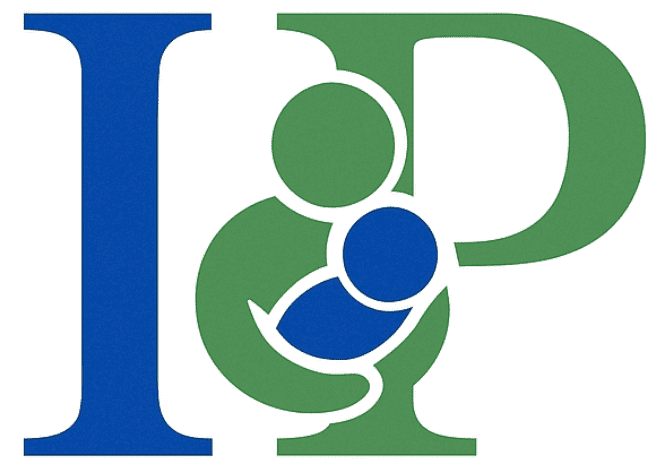
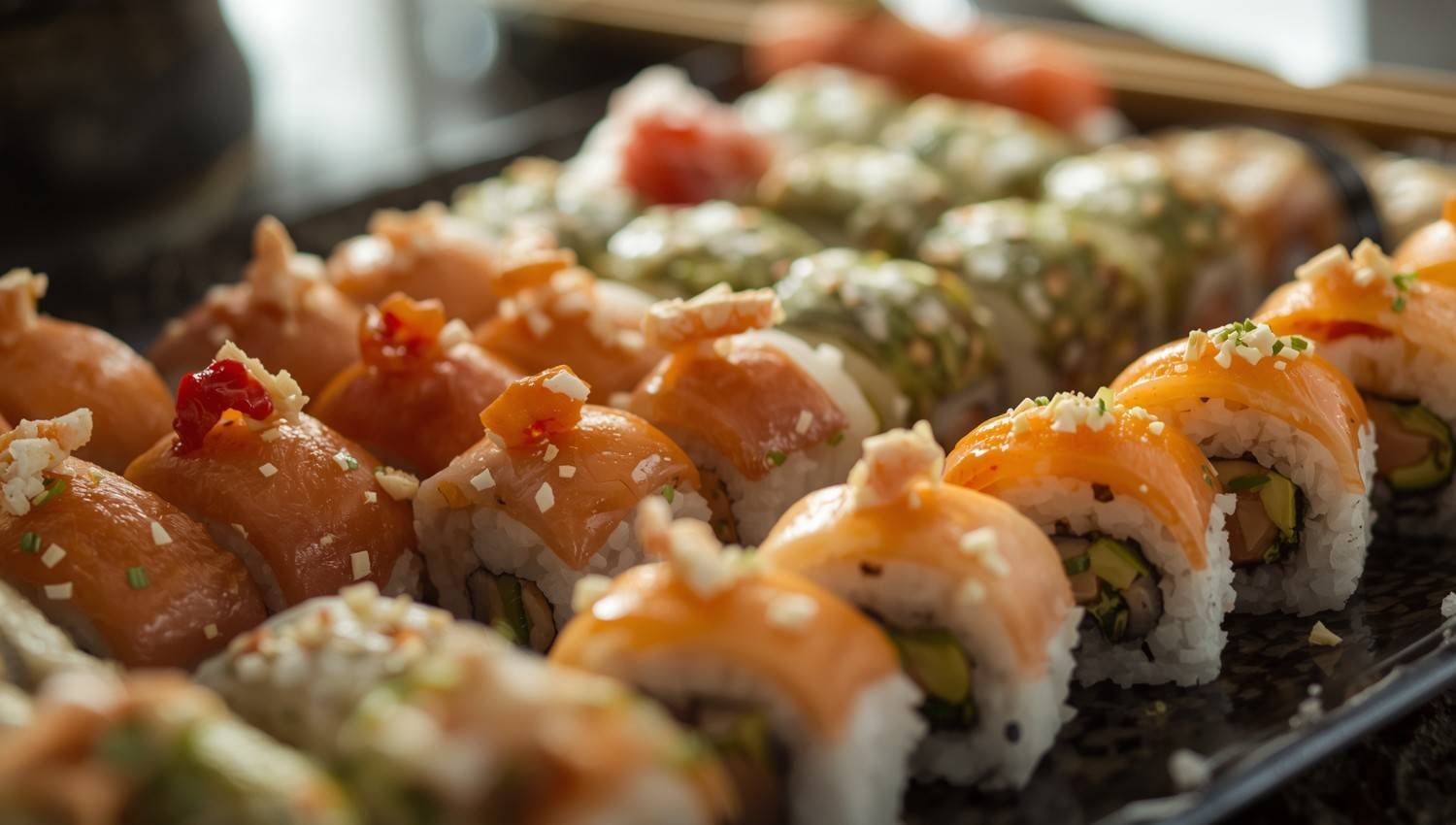
1 thought on “Can You Eat Sushi While Pregnant? The Real Answer No One Explains Clearly”